The tragic crash of an Air India Dreamliner en route to London has not only claimed hundreds of lives but also ignited a fierce debate on social media, with prominent Indian-origin voices abroad weighing in on the causes and accountability for the disaster.
Professor Rajeshwari Iyer Blames Reservation Policy
Indian-American professor Dr. Rajeshwari Iyer triggered outrage online after she blamed India’s reservation system for the crash that killed at least 265 people, including passengers and those on the ground. Sharing a recruitment notice from the Airports Authority of India for Air Traffic Control positions, Iyer wrote,
"In India, freeloaders are more important than Safety. Including Indian Citizens we lose many British citizens too, 241 died in plane crash. What a pathetic system."
Her remarks quickly went viral, sparking heated debate. While some social media users supported her criticism of India’s affirmative action policies, many others condemned her for making premature and unfounded connections between the crash and reservation, especially as no official report has linked the tragedy to air traffic control or hiring practices.
Backlash and Calls for Caution
Many users pointed out that Indian-origin commentators, especially those living abroad, were “jumping to conclusions” before the official investigation results were released. “Firstly, it’s too early to conclude anything,” one user wrote, urging restraint. Others highlighted that the crash was reportedly caused by a technical malfunction in the Boeing Dreamliner, not human error or reservation policy:
"The crash happened due to malfunctions in Boeing Dreamliner which is manufactured by USA company due to loss of thrust. There is no fault of crew. So chill a bit before farming," another user responded.
Some critics also accused Iyer of using the tragedy to stoke caste-based divisions, noting that there was no evidence linking the accident to caste or reservation.
Sabeer Bhatia’s Comments Add Fuel to the Fire
The controversy deepened when Indian-origin businessman and Hotmail co-founder Sabeer Bhatia made what many called “insensitive” remarks about the tragedy. Bhatia questioned India’s systemic failures, posting, "do you really think the 4th largest economy in the world should still be having plane crashes due to systemic failures? Time to question what truly makes a nation great."
This comment, which quickly went viral, was widely criticized for its timing and tone. Facing backlash, Bhatia defended his post, stating, "of course I'm deeply saddened and devastated by the loss of life. But that distracts from the real question: Why did it happen and what can we do as a society to prevent it from ever happening again?"
He also addressed the angry responses, writing, "in all the angry replies I'm getting, people are responding as if their own families were on the plane. Telling me to put my phone down. So much hate, so much emotion. Where's the logic? Do you really go through life like it's a Bollywood movie?"
Air India Responds: Flight Reductions and Safety Checks
In the aftermath of the crash, Air India announced a 15 per cent reduction in international services on widebody aircraft until at least mid-July to ensure operational stability and passenger safety. The airline cited mandatory safety inspections, regional airspace curfews, and ongoing geopolitical tensions as reasons for the cutbacks.
"Given the compounding circumstances that Air India is facing, to ensure stability of our operations, better efficiency, and to minimise inconvenience to passengers, Air India has decided to reduce its international services on widebody aircraft by 15% for the next few weeks," the airline said.
The Directorate General of Civil Aviation (DGCA) has mandated enhanced safety checks on Air India’s Boeing 787 and 777 fleets. Most Dreamliners have returned to service after inspections, while the remaining aircraft are being reviewed.
As India mourns the loss of hundreds in one of its worst aviation disasters, the tragedy has become a flashpoint for debates on reservation, systemic accountability, and the role of public commentary during national crises.
While investigations continue, experts and officials urge restraint, focusing on facts and safety improvements rather than speculation and blame

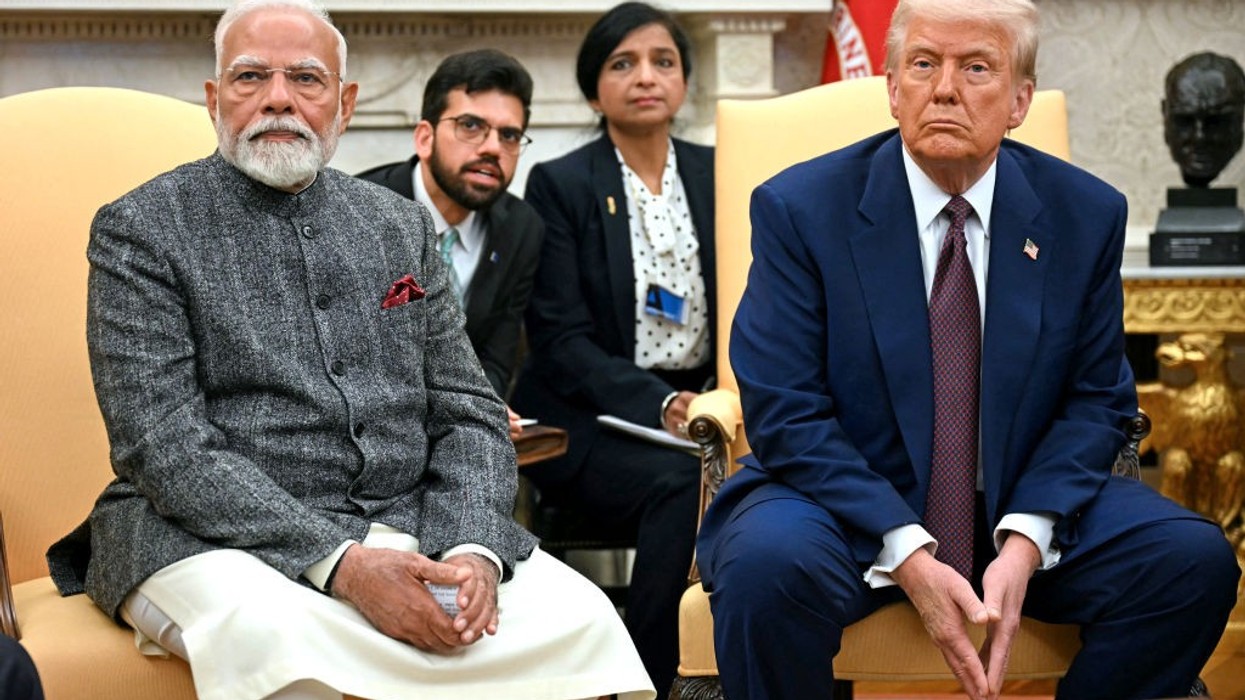

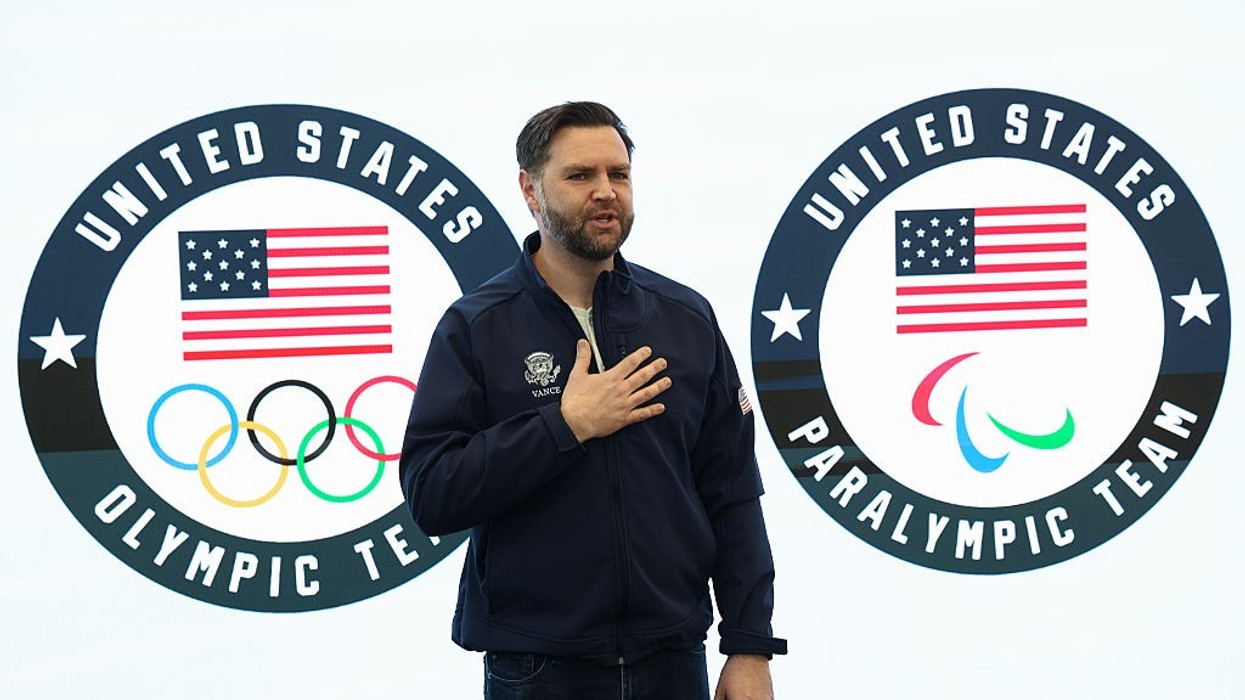
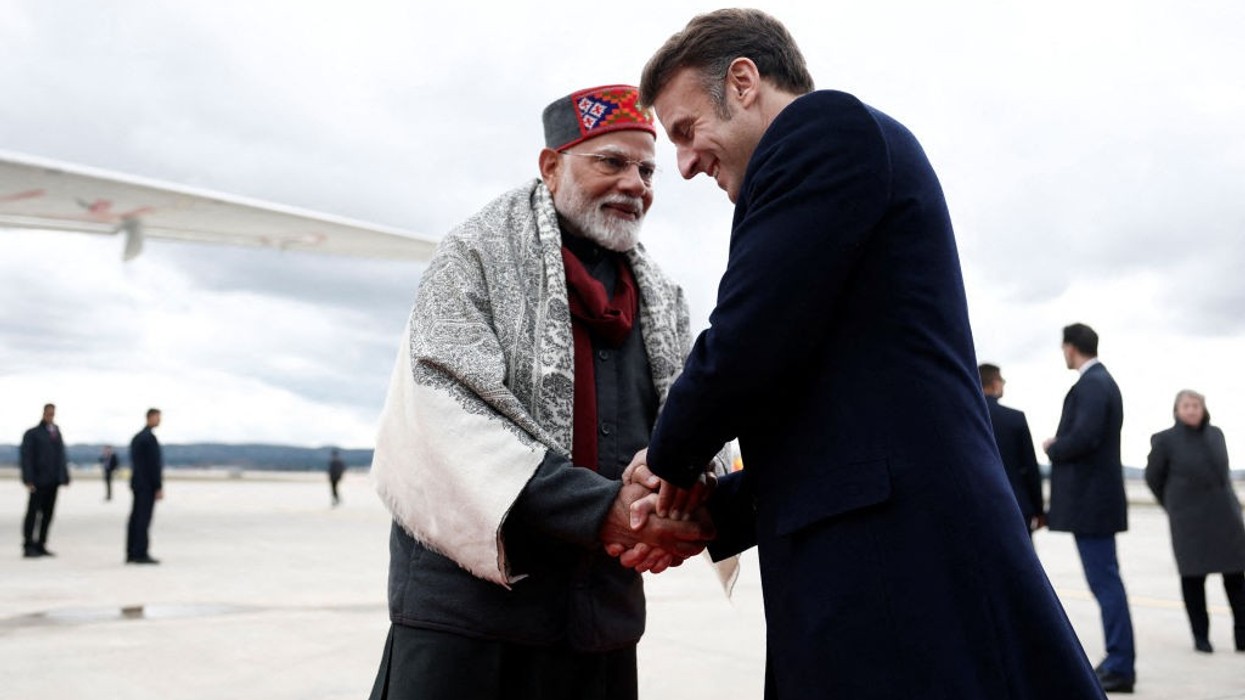





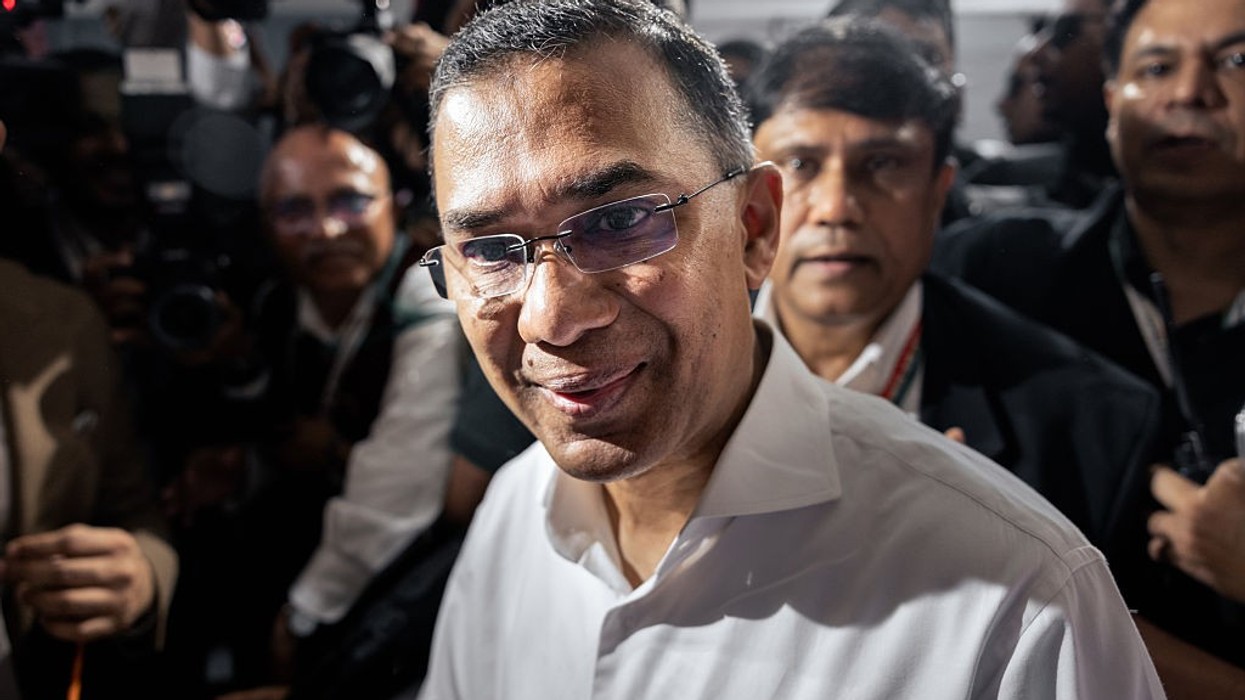
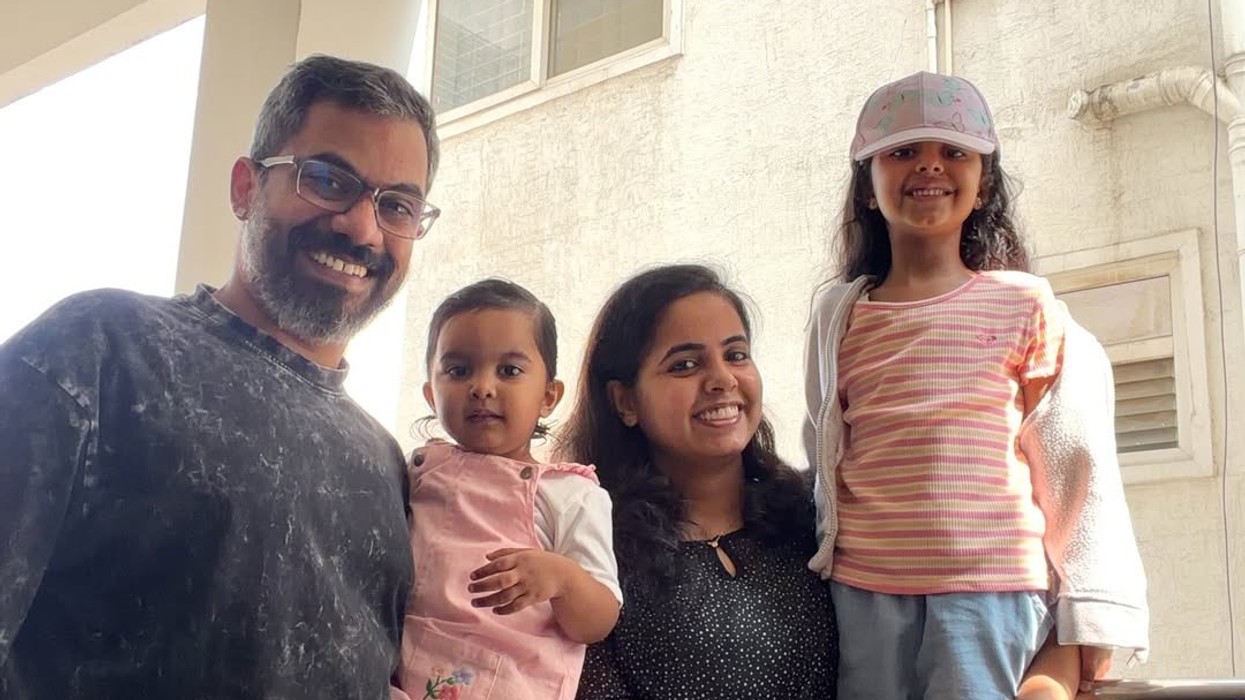
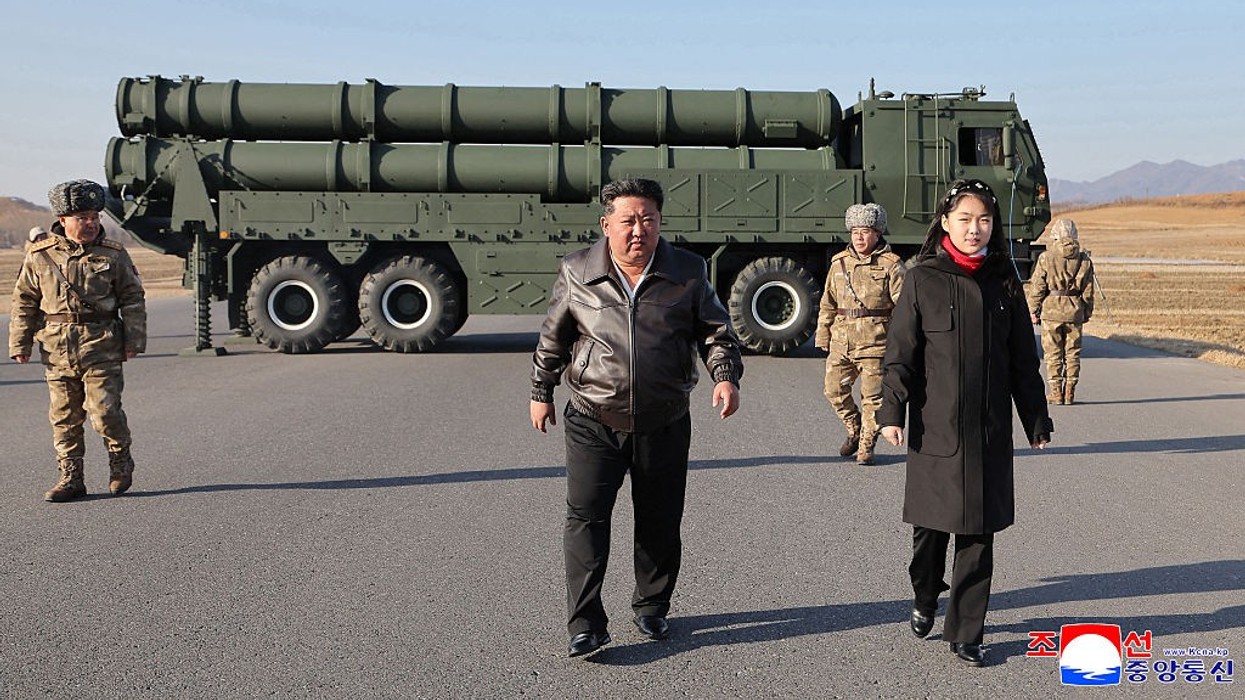
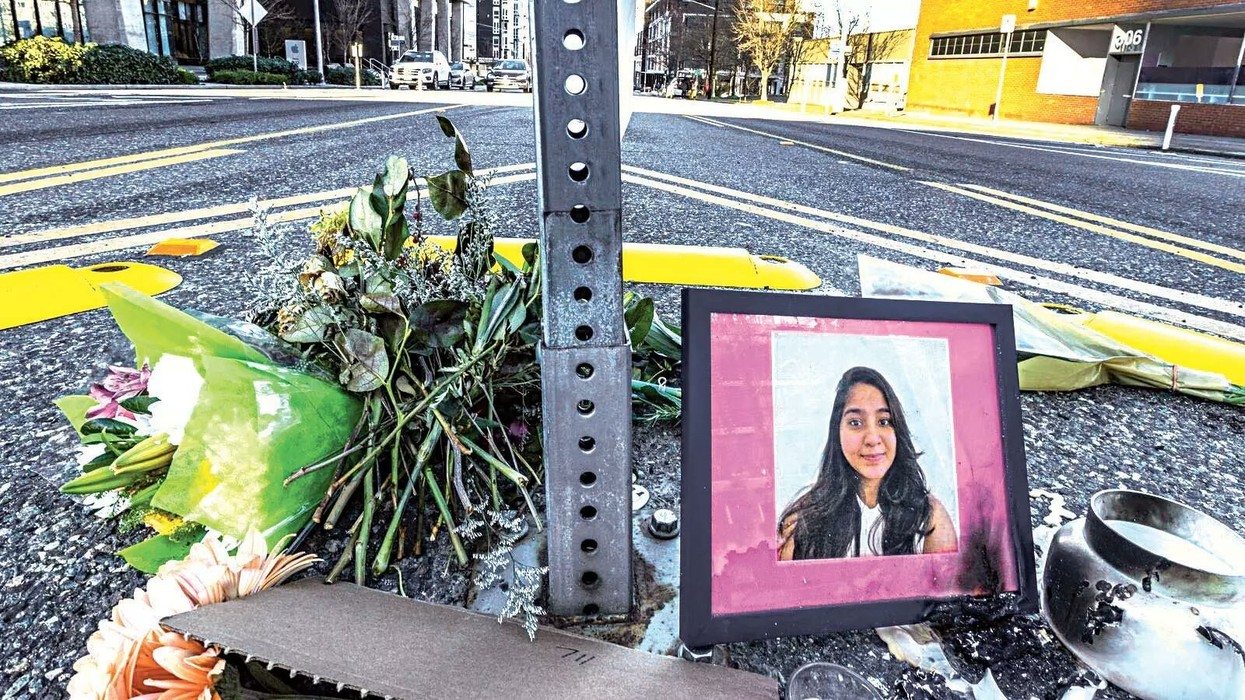
Air India crash sparks outrage as Indian-American blames India's reservation policy for systemic failures
The tragic Air India crash that killed over 260 has ignited fierce debate online, with Indian-origin figures like Dr. Rajeshwari Iyer and Sabeer Bhatia blaming reservation and systemic flaws—sparking backlash and calls for restraint as investigations unfold.